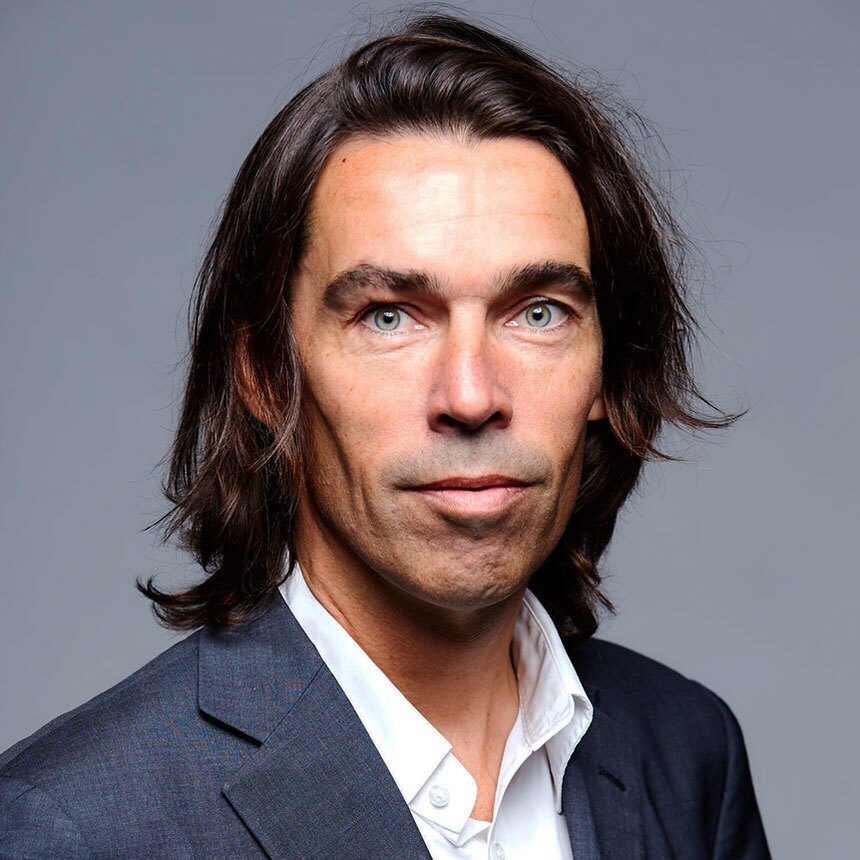CAPE TOWN, South Africa — Africa’s population is set to boom between now and 2075, but if the continent’s hotel and room supply is to mirror that growth, hoteliers should probably think resorts, not urban hotels.
With its current population of approximately 1.5 billion set to rise by another billion by 2075, Africa needs hotel growth across the board. Hotel demand is increasing across many African markets, but certainly not all of them, according to panelists at the Future Hospitality Summit Africa.
Bani Haddad, founder and managing director of Aleph Hospitality, said developing another luxury hotel in Nairobi probably does not make sense anymore based on demand patterns.
“Midscale has more relevance, and there is demand for boutique and quality resorts in certain markets. For Lagos, for example, if you see the numbers, the demand is not there,” he said.
One company that hopes to capitalize on these demand trends throughout Africa is TUI Blue Hotels & Resorts. Its parent company TUI has airline and package-vacation divisions among its businesses, and TUI Blue Hotels CEO Artur Gerber said it's possible to add clusters of hotels to resort destinations.
“We have 10 to 15 direct flights from Europe to the Cabo Verde Islands. We are able to use our ecosystem,” he said.
Of all hospitality classes and segments in Africa, resorts can create demand, said Ninon Lamothe, Africa director and senior consultant at Voltere by Egis.
Wytze van den Berg, vice president, Europe, Middle East and Africa, BWH Hotels, said there are opportunities for hotel redevelopment through conversion projects.
“Legacy hotels are seeing new owners and renovations, so we are focusing on conversions. That said, we also have a brand that is greenfield,” he said.
BWH has 10 hotels in development in Africa with a focus on corporate, midscale and upper midscale, van den Berg said.
“As to where, it is the usual suspects. For more lifestyle, luxury lodges, we’ve just signed in Kampala 300 rooms undergoing renovations,” he added.
The usual suspects for busy hotel development in Africa are Egypt and Morocco, but countries such as the Democratic Republic of Congo and Rwanda are playing a part, panelists said.
Of the hotel brands present in Africa, Marriott International and Hilton are the two strongest.
Esteban Lozada, Hilton’s managing director of development for North and West Africa, said Hilton plans to triple its Africa portfolio with another 100 hotels and 18,000 employees.
“I do think there are key strategic business hubs there, helped by some ambitious tourism policies from governments,” he said.
Much of Hilton’s Africa pipeline is new construction, including hotels in Ghana, Nigeria and Ivory Coast.
“Benin is interesting. We will have three branded resorts there in the next 18 months, including a Hilton,” Lozada said. “Add to all of this is the growth of the younger population. Sixty percent are under 25 years of age, so in 10 years’ time more people here will be entering the workplace than the rest of the world combined. That will bring in more revenue.”
What hotels in Africa need to grow
In a continent where it is often easier or cheaper to first get a flight to Europe and then one back to Africa, hoteliers are seeing the need to increase intra-African education and familiarization. TUI has the logistics in place to aid this approach, Gerber said.
“We need local teams who understand both the domestic and international landscapes. We have programs for local teams to go to other African markets to share experiences and knowledge. This is a challenge in other parts of the world, too, though. In Africa, in the end, it is worth doing this,” he said.
By the end of the year, TUI Blue is planning to open its first hotel in The Gambia, a small West African nation bounded by Senegal.
Throughout Africa, there's resistance to employing professional teams from the onset that can keep to timelines, Aleph’s Haddad said.
Future resorts in Africa will lean into the lifestyle segment, he added.
“Lifestyle has to be an African idea, no? We also have independent hotels. There always is the case of what is it that will fit” any market, Haddad said, adding Aleph has plans to open a luxury division.


